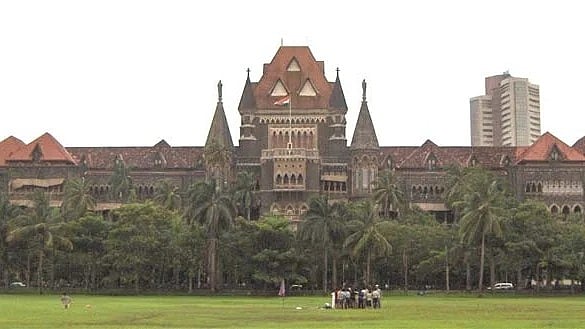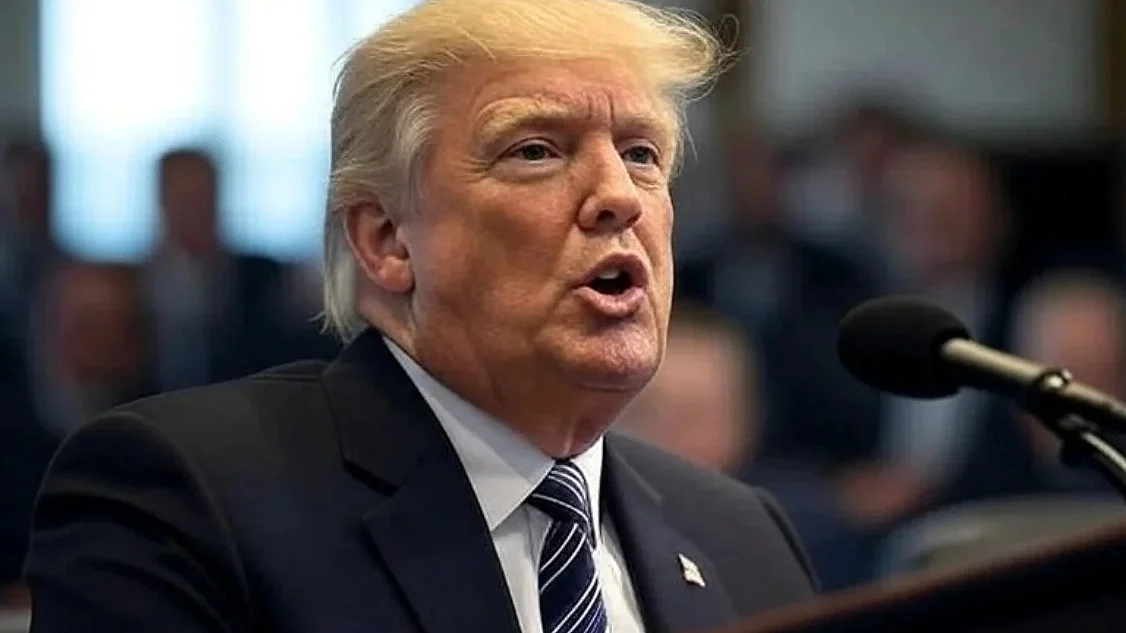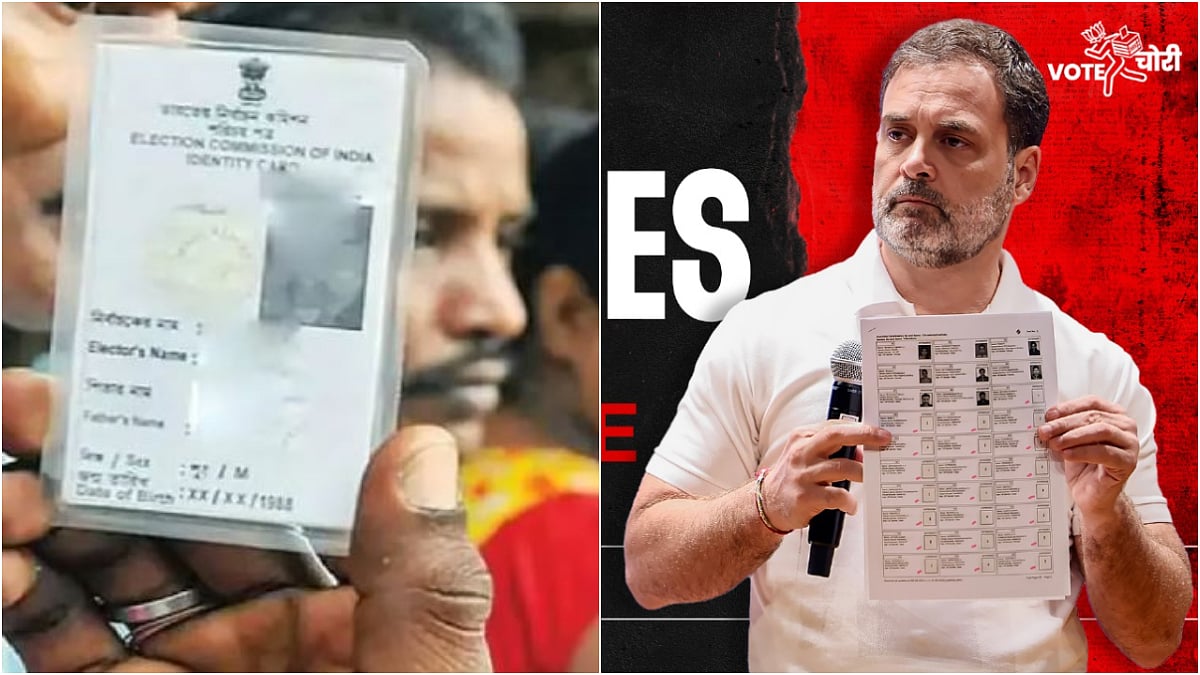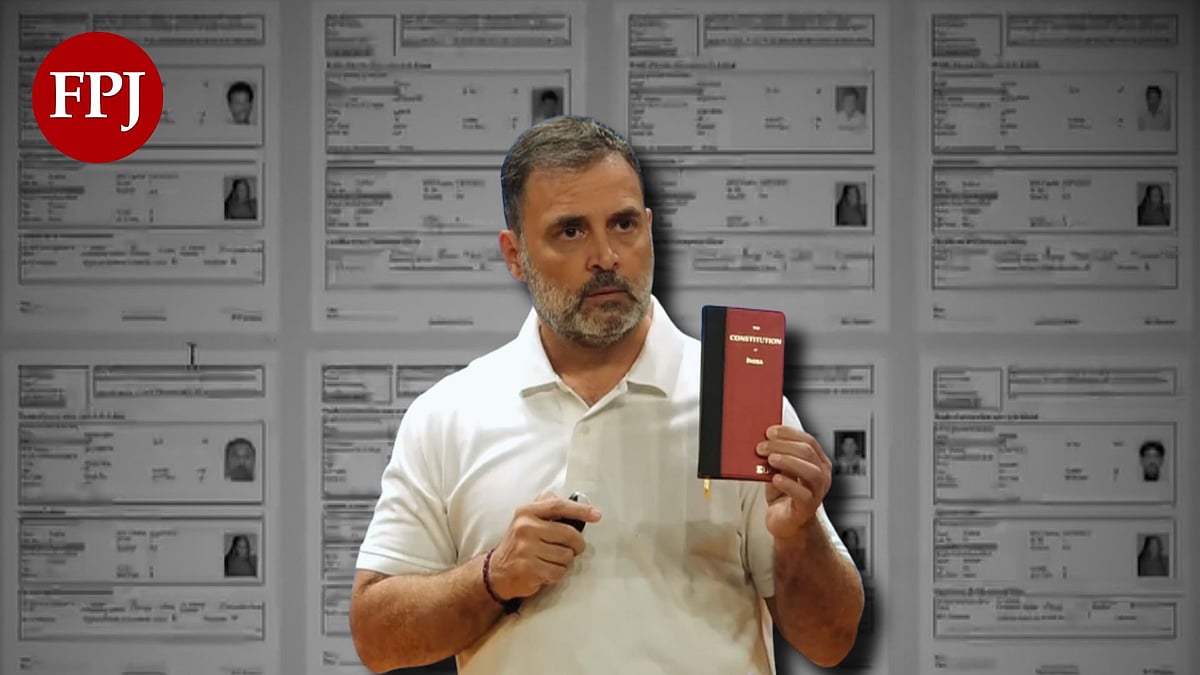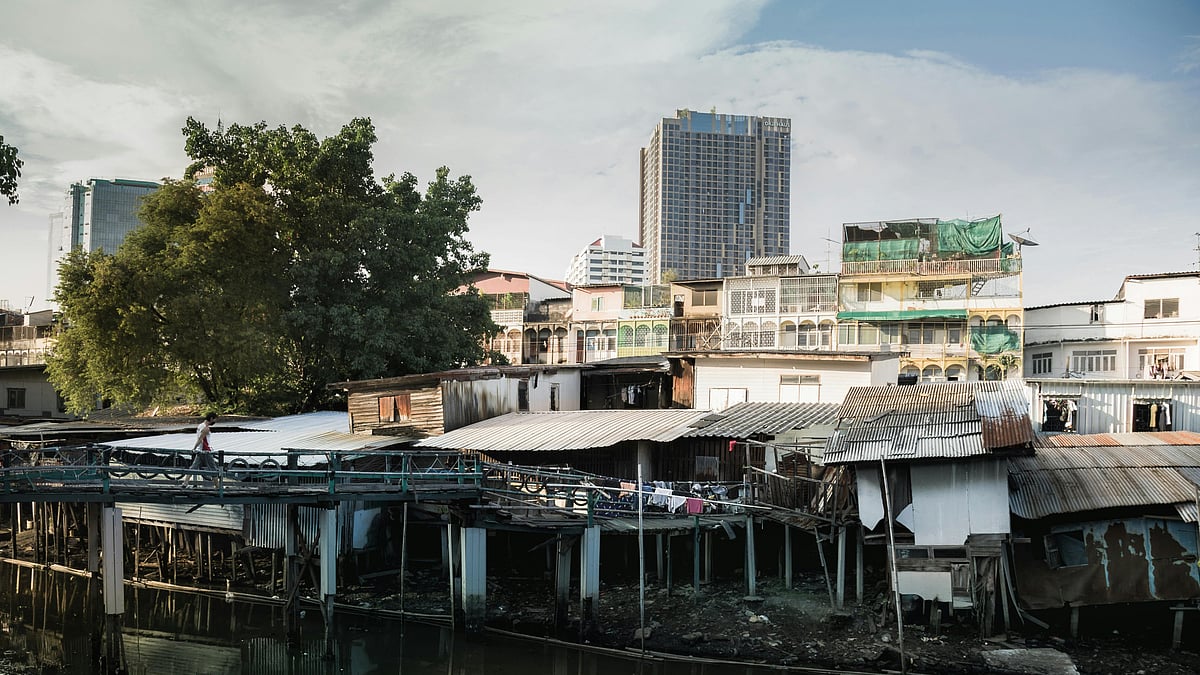When the joint Opposition candidate Ibrahim Solih defeated Abdullah Yameen in the recent presidential elections in the Maldives, India heaved a sigh of relief. Under Yameen, China had made rapid strides and spread its footprints across the Indian Ocean island state. There were speculations that China would soon have a naval base in Maldives, a stone’s throw away from the Indian mainland.
Now India wants to move quickly to ensure that the traditional ties it enjoyed with Male are restored and it is not pushed out by an aggressive China in the island which is pivotal to its strategic interests in the Indian Ocean. The India-China rivalry for influence in South Asia is tossing up unexpected propositions. While India is hoping to edge out China from the pre-eminent position in the Maldives, in neighbouring Sri Lanka, Mahinda Rajapaksa a pro China leader is back in the centre stage of politics. India loyalist Ranil Wickremasinghe was sacked from his post.
Prime Minister Narendra Modi is likely to travel to Male for the swearing in of Solih on November 17 and make some grand gestures, to show Delhi’s support for the new democratic government. When Modi called Solih after his election victory, the latter had invited him to the inauguration. After much thought the decision to be present at the inaugural was taken. Modi has a busy schedule as the star campaigner for polls in five states that stretch from November to December. There was also the worry that the Indian PM’s visit would be lost among the large number of VVIP guests likely to be in attendance at the swearing-in. Some had suggested a stand alone visit immediately afterwards. But finally, though the official announcement is yet to be made, the decision to be in Male on the day of the inauguration has been taken.
This will be Modi’s first visit to the Maldives since taking office over four years ago. An earlier visit in March 2015 was dropped when Yameen arrested former president Mohammed Nasheed. The Maldivian Democratic Party had appreciated Modi’s gesture, and Yameen was furious. All through his tenure, Yameen became more and more autocratic, placing opposing politicians, including his own coalition partners in jail, sacking the chief justice of the country and imprisoning him, as well as his half brother, the once all powerful president, Maumoon Abdul Gayoom. He took his island nation into the Chinese orbit. All major projects were given to China, he even signed a controversial free trade agreement with Beijing. Now it will be India’s turn to reverse some of this and get Delhi back into the picture.
While the Male elections have been a setback for China, in Sri Lanka the return of Rajapaksa is a welcome sign for Beijing. The dramatic developments in Colombo since the sacking of Wickremasinghe was not anticipated by Delhi. Yes, ties between President Maithripala Sirisena and the PM had been strained for several months. But few thought that the mild mannered Sirisena, could have once again joined hands with Rajapaksa the man he ditched before the 2015 national elections.
On hindsight, a coming together of traditional rivals the United National Party led by Wickremasinghe and a large chunk of the Sri Lanka Freedom Pary of Sirisena, could never have lasted. This was done to keep Rajapaksa out of power. Ever since the former strongman won local council elections in February this year, with a near landslide, he was back with a bang. It was only a matter of time before he struck. In fact ever since the local election victory, Rajapaksa had been pushing for snap polls, claiming the results had shown that people want him back.
It is a fact that Rajapaksa, as the man who eliminated the Liberation Tigers of Tamil Eelam, remains popular among a majority of the Sinhala Buddhists. He also has the blessings of the Buddhist Sangh. Many are also fed up with the unity coalition government where the President and Prime Minister are at logger heads and the government is seen as not performing.
However, whether Rajapaksa can mustser enough votes in Parliament remains unclear. India, the US and Western democracies all want Wickremasinghe out. Significantly, among the first foreign ambassadors to call on Rajapaksa after he was named Prime Minister was the Chinese envoy. China, which has earlier kept aloof from meddling in the domestic affairs of any country, is now shifting its shifting its earlier stance. In Maldives, Nepal and Sri Lanka it has clearly backed the leaders who are regarded as pro-China.
Even if Rajapaksa is defeated in Parliament when it convenes on November 16, the constitutional crisis will not be over. Sirisena has already declared that he would not accept Wickremasinghe as his PM. The country is likely to head for elections sooner rather than later. Meanwhile, Rajapaksa, once a friend of India’s is reaching out to Delhi. He has assured India that if he is in power he will not ignore India’s security interests.
This ding-dong battle between India and China for gaining leverage in South Asia will continue as both Asian powers have their sights on expanding their influence in the region.
Seema Guha is a senior journalist with expertise in foreign policy and international affairs.


